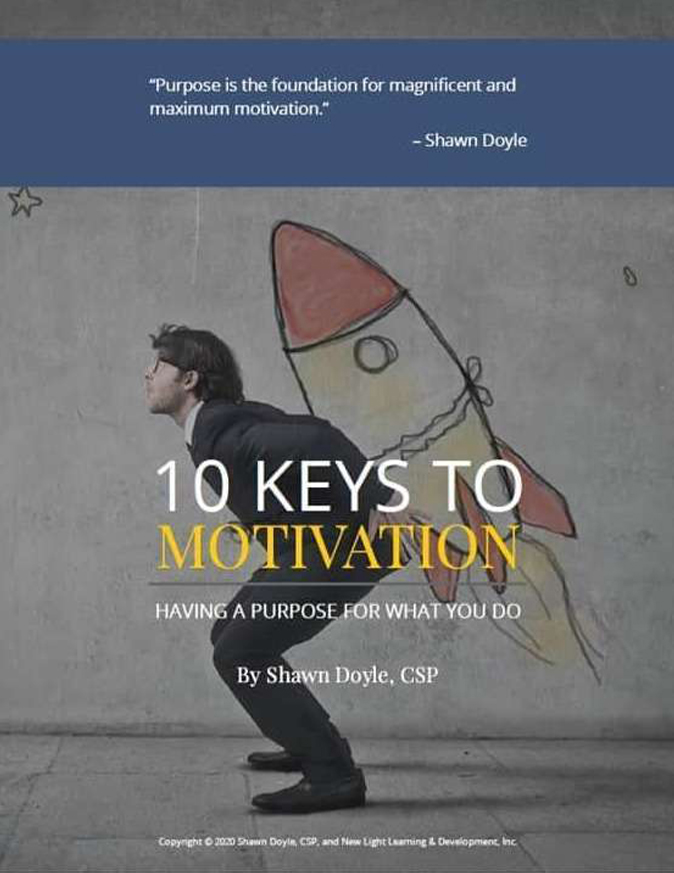Blog

Everything You Know About Employee Productivity is Wrong
One of the challenges of leading a company is managing the work of other people. In managing the work of other people, one of the biggest challenges is how to make sure that you maximize productivity with each employee. Here however is the problem- everything you know about employee productivity is wrong. As a leadership expert, I find most people’s thoughts about employee productivity are based on myths and misinformation- not on solid research. Here are some thoughts about employee productivity that you will find fascinating because they are so contradictory to what most people believe about employee productivity.
- Employees will be more productive if they actually have to show up and work at our office. In a study reported in Harvard Business Review. Nicholas Bloom and James Liang found that call center employees were significantly more effective working from home. Productivity went up 13 ½% and retention increased by 50% and workers reported a much higher level of job satisfaction. What does this mean to you? It means that you may need to re-examine the idea that people have to show up in order to work. The reality is they are much more productive if they can work from home.
- The open-space office environment is productive and collaborative. As I travel around the country, I see many organizations that have now created seating arrangements where everybody is working in one room, which is a very popular method that people are using for setting up their offices. That is supposed to encourage collaboration. In the study done by Professor Bloom he believed that one of the reasons why people were more productive at home is they actually had a quieter environment in which to work from. I have always believed that the open office environment was extremely distracting and made people less productive, no more.
- If people work from home, they will work less. The reality is the opposite. The study found that people who work from home actually work more hours, they started earlier, they took shorter breaks and worked until the end of the day and they did not have a commute to worry about. So even though we think that people who work from home will not work as hard the reality is they work harder.
- It’s the younger generation who wants to work more from home. Another interesting aspect of the research as that older workers and married people and parents found it much more appealing to work from home than the younger generation whose social lives were more connected to the office.
- You can’t trust people to work from home. I believe that people can be trusted to work from home if you are hiring the right people. I also believe that if you want to make sure the work is happening you can put systems and processes in place to ensure measurement of the work being done. My experience been the people that work from home will work harder because they love the privilege of working from home so much they don’t want to jeopardize possibly losing that huge benefit.
- When people work from home it makes communication much less effective. I believe that’s not true because most people are not communicating face-to-face anyway, they are communicating via email or by some other electronic form of communication like a web chat. So people are working remotely it doesn’t really matter anymore because it’s a virtual world that we live in. one other possible solutions suggested in the study is he could have people working from home but on certain days you can have mandatory office days a few days a week or a few days a month. This helps people schedule meetings.
I would like it to sit down with your management team and think about if there are any possible options for people to work from home. This will increase productivity increase morale and allow you to recruit better employees and save money on office space and equipment. Who knew?







